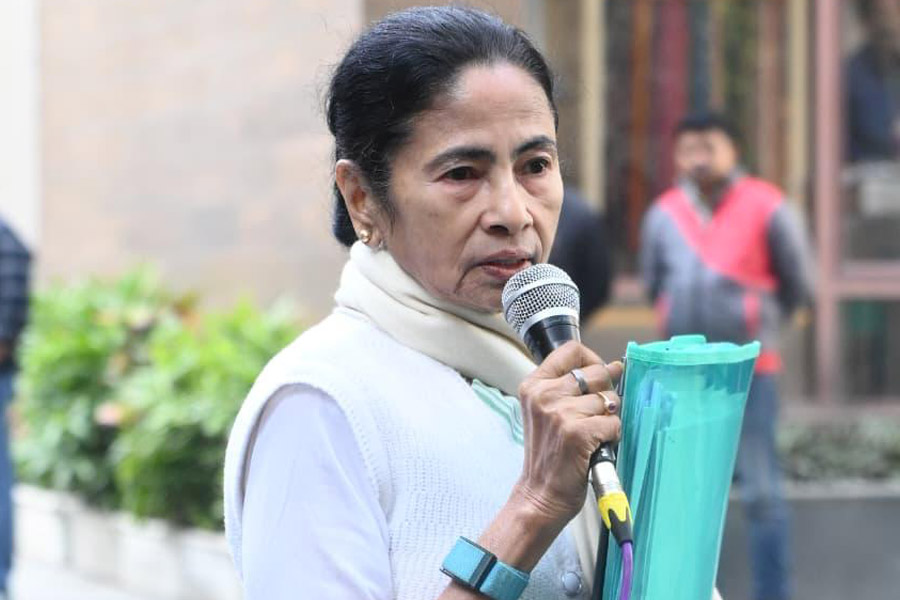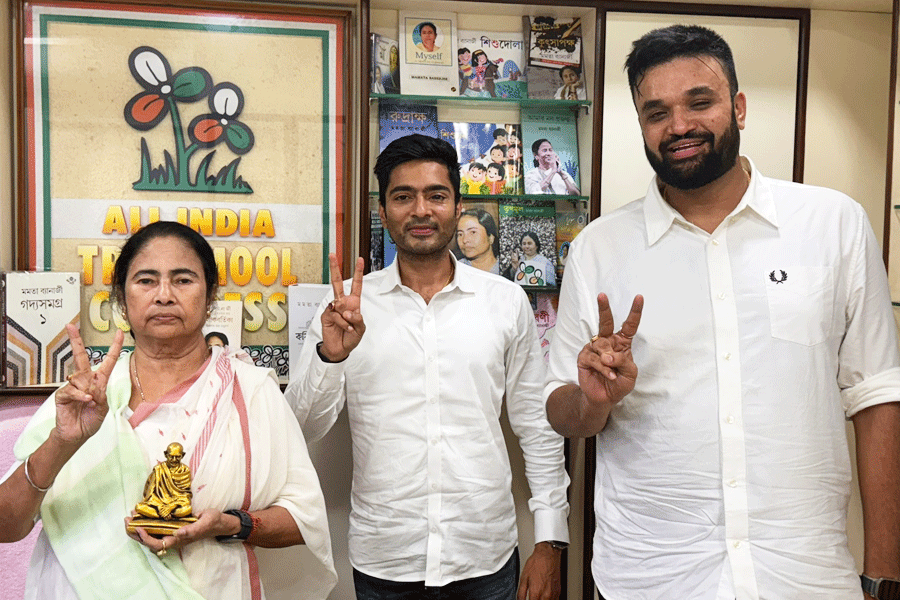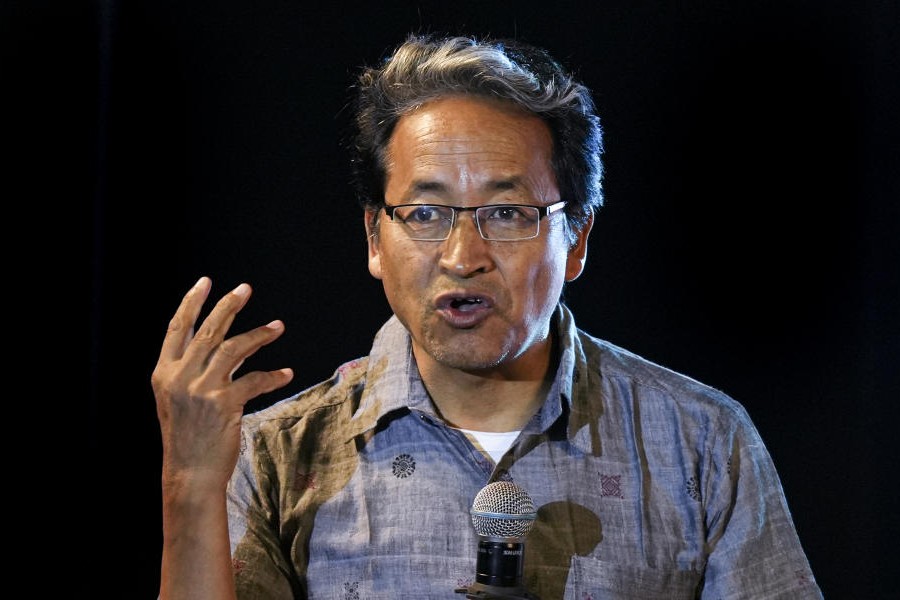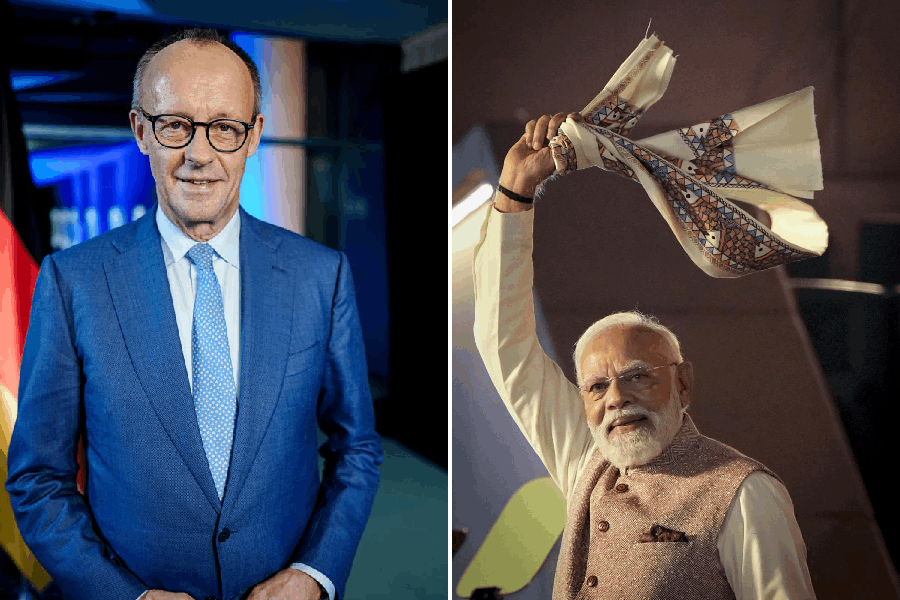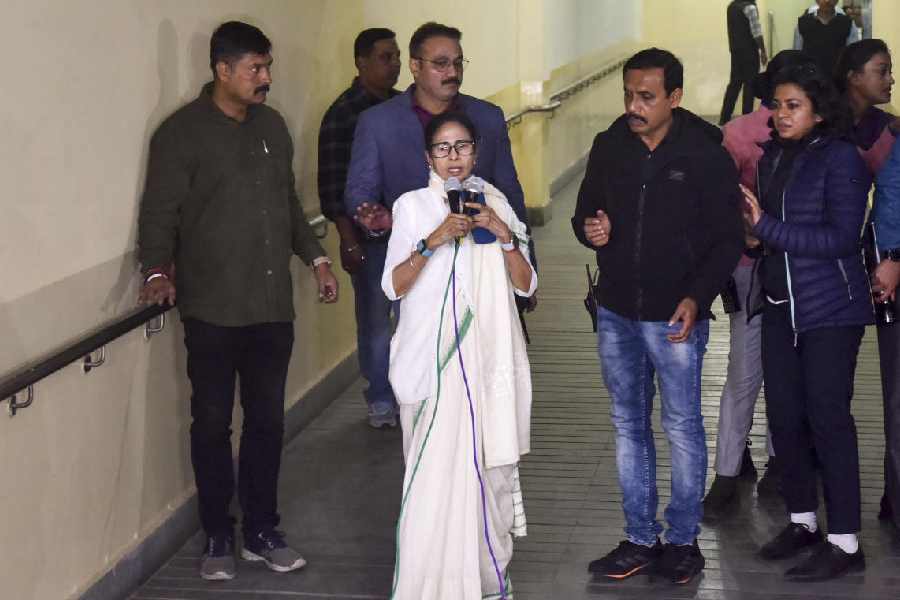Independent Filipino filmmaker Brillante Mendoza has been a trailblazer in bringing the narratives of his homeland to the global audience. His films delve deep into the social issues plaguing the Philippines through a lens of humanity. Through his films, Mendoza portrays the lives of the urban poor, the settlements in slums, and the harsh realities they face, involving corruption and illegal activities. His 2016 film, Ma’ Rosa, which is being screened at KIFF 2025, is one such story that follows the reality of a struggling mother who turns to drug dealing to support her family. t2 caught up with Mendoza for an exclusive chat on his film at KIFF and more:
Welcome to Calcutta! KIFF is screening your 2016 film Ma’ Rosa. What are your thoughts on showcasing a film from several years ago rather than a more recent project?
Some of my films have resonated globally and continue to hold significance today. In the Philippines, we still grapple with serious political issues surrounding drugs and corruption. There’s a lot of rhetoric out there, but not enough consideration for the people’s welfare. Bringing such films to Calcutta gives us the oddest glimpse of what’s happening in a neighbouring country. The film is not just about drugs but also about the human struggle.
As a developing nation, the narratives of our people are often one of hardship. It’s striking that around 80 per cent of the population in Europe lives in poverty, while only 20 per cent enjoy a better quality of life. By sharing these stories with the world, we shed light on the realities faced by Filipinos. It’s important to amplify the voices of ordinary individuals rather than just those of the privileged few, whose lives remain alien to our own experiences and understanding.
You’ve been directing and producing films for two decades, earning a reputation as a pioneer in showcasing Filipino cinema on a global scale. What significant transformations have you observed in Filipino cinema during this time?
One notable shift I’ve seen recently is the renewed attention on Filipino cinema. Before my works were showcased at Cannes... the international recognition for Filipino films was quite limited, especially following the passing of greats like Lino Brocka and Ishmael Bernal. However, starting in 2006, followed by 2007, and 2008, my films were featured at Cannes and garnered awards, marking a turning point where Philippines’ cinema began capturing the world’s interest once more. I believe my films played a role in reopening doors for other Filipino filmmakers, and I take pride in that contribution.
Has this journey changed your perspective as a filmmaker, particularly from the time you started travelling the world with your films?
Absolutely. It has opened countless opportunities for me to connect with other filmmakers and experience diverse narratives from around the globe. This exposure has broadened my understanding of various cultures and stories beyond just the Filipino context. I’ve come to realise that, fundamentally, we aren’t so different. The essence of humanity unites us, regardless of our backgrounds. We all face similar challenges and issues, and that’s the beauty of cinema — it bridges these gaps and fosters that shared connection.
Your films frequently explore social issues. Do you always aim to make a political statement with your work?
To be honest, that’s not really a thought I consciously dwell on. When I create a film centred around social themes, it reflects my genuine interest in society, the human condition, and the lives of people from different parts of the world. As an artiste and filmmaker, I strive to bring these stories to light. It doesn’t really concern me if it comes off as political; my focus is on telling those stories. My engagement with societal issues inherently lends a political dimension to my work. Ultimately, it’s about making a statement — bringing attention to the problems that matter, especially to those who can instigate change. As artistes, our role is to narrate our stories.
What topics, either in or outside the Philippines, continue to inspire your filmmaking?
Many things inspire me, not just within the Philippines. For instance, corruption resonates deeply with me — specifically systemic corruption, which is rampant in the Philippines today amidst the ongoing political manoeuvring. This is particularly unsettling for me now as I recognise that time is passing. Fifteen or 20 years ago, my primary focus was on my journey as a storyteller. Now, it feels much broader; it’s about striving for meaningful change and trying to contribute positively. I hope that my cinema, my storytelling can somehow matter as far as the lives of my people are concerned. At this stage of my life right now, it’s not just about myself and it’s not just about telling stories about people who are suffering; it’s actually seeing changes, seeing changes in these people’s lives.
When I made my very first film, The Masseur, it was showcased at a major festival. I poured my heart into crafting an honest and simple story. To my surprise, the audience connected with it profoundly, relating it back to my country, my culture — the essence of the Philippines — something I hadn’t consciously set out to portray. That experience opened my eyes to the power of film to transcend cultural boundaries and address universal issues. After a discussion with an audience member, I realised how transformative storytelling can be, and that moment fundamentally reshaped my perspective on filmmaking. Since then, I’ve been inspired to tell stories that can make a difference.
You’ve often said that the quantity of films you produce isn’t your primary concern; what truly matters is their ability to resonate with audiences…
Absolutely, no matter what genre I’m working in, I make it a priority to infuse my voice and message into each project. The more people my work reaches, the better. But, ultimately, it’s all about making a real impact in people’s lives. Take my film, Bahay na Pula, for example. It’s a horror movie, yet I integrated a significant piece of Philippine history into it. The dark chapter of the Japanese invasion, where many women suffered atrocities, is a haunting part of our past that often gets overlooked. For me, that reality has always been deeply unsettling.
I believe that every filmmaker or storyteller has their reasons for creating films. For me, it’s a reflection of life itself. It’s about finding ways to contribute not just through my art but also to society through the narratives I share. As an artiste, I see it as my responsibility to make a meaningful difference, as I truly believe that being an artiste is a gift that should be taken seriously.
How significant are film festivals like KIFF, especially with the multitude of streaming platforms available that feature foreign language films?
I think it really comes down to the kind of audience we have. Many streaming platforms tend to focus on mainstream content. In contrast, festival films offer something unique and cater to different viewers. Events like Calcutta’s festival are rare; they create spaces where people can come together to discuss and view films that are otherwise hard to find. These festivals serve as vital opportunities for film enthusiasts and casual viewers alike, and I think this festival in Calcutta somehow feeds the soul of the people.
Have you ever visited Calcutta before?
This is my first trip to Calcutta, though I’m no stranger to India. I recently travelled to Goa and have been to Mumbai several times. Each time I think of India, or Calcutta in particular, I’m always struck by the vibrant culture and the warmth of the people. There’s a shared energy among us that truly resonates. Many of my friends expressed their envy when they learned I was here; it seems everyone wants to experience Calcutta!
Numerous foreign filmmakers have been captivated by our rich culture and gone on to create films set in the country. Do you have any similar aspirations?
Yeah! I mean, why not? I believe in genuinely immersing myself in the culture. It’s important for me that a film about a country is more than just a surface-level exploration. I aim to weave in the essence of the culture and its people. I recently completed a project in Japan, and whenever I bring foreign actors to the Philippines, it’s not just for the sake of bringing foreign actors. I make sure that their nationality, their country or their background is integrated in the narrative.


